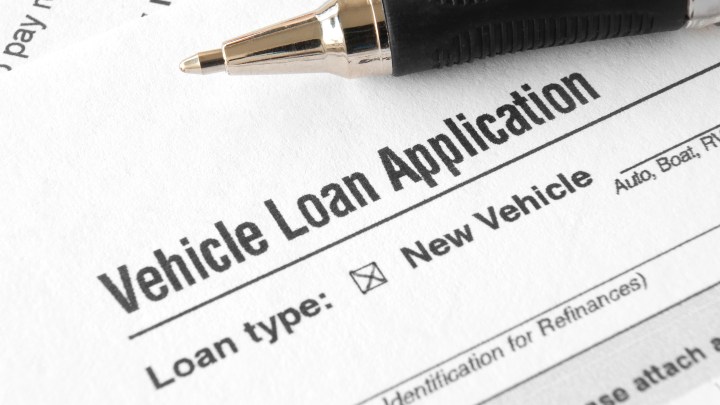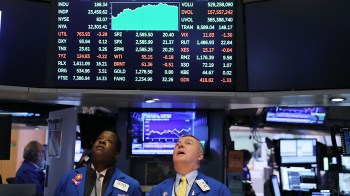
Inflation is painful, but there’s an upside

We’ll get an update on inflation Friday, when the November consumer price index comes out. If we see high inflation again, you’ll hear groans about the cost of gas and groceries and used cars. After all, nobody likes rising prices.
Well, almost nobody. Inflation does have a pretty rosy upside for some people in this economy. Namely, borrowers.
Nowadays, it’s hard to picture any candidate for president running on this message: “Vote for me, and you’ll get more inflation.”
But way back in 1896, that’s exactly what William Jennings Bryan did. “You shall not press down upon the brow of labor this crown of thorns. You shall not crucify mankind upon a cross of gold,” he said in his famous “Cross of Gold” speech.
Bryan wanted to untie the dollar from gold to get prices to rise. At the time, the U.S. was experiencing major deflation, which upset a particularly important voting bloc: farmers with mortgages.
“Borrowers were actually now getting the short end of the stick. Because they’re paying back their debt with dollars that are more valuable than when they borrowed,” said Lee Ohanian, an economics professor at the University of California, Los Angeles.
Even though he lost the election, Bryan’s logic holds up even today. Let’s say five years ago, you got a $300,000 mortgage to buy a house at a fixed interest rate. Because your lender couldn’t foresee COVID-induced inflation, those monthly payments are worth less to the bank.
“So this ends up being a wealth transfer from lenders to borrowers,” Ohanian said.
People with car loans and large corporations that issue longer-term bonds also benefit from inflation, said Dean Baker with the Center for Economic and Policy Research. As does the federal government.
“So if it’s the case that we have 5% inflation, the interest rate on government debt, 10-year debt, is now 1.4%. [The] government is getting a really good deal,” Baker said.
Just how good a deal inflation is for any borrower will depend on the other stuff they spend their money on — and whether they can convince their boss to give them a raise to keep pace.
There’s a lot happening in the world. Through it all, Marketplace is here for you.
You rely on Marketplace to break down the world’s events and tell you how it affects you in a fact-based, approachable way. We rely on your financial support to keep making that possible.
Your donation today powers the independent journalism that you rely on. For just $5/month, you can help sustain Marketplace so we can keep reporting on the things that matter to you.

















